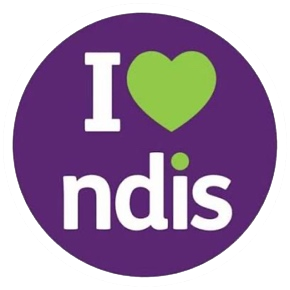
What is the NDIS?
NDIS - What does it mean?
The National Disability Insurance Scheme (NDIS) was established in 2013 and is a new way of assisting people with a disability to get the support they need, achieve their human rights, and participate in the social and economic life of the nation.
The NDIS’ central objective is for people with disability to achieve their life goals.
It is an insurance scheme which recognises that investing in people with disability early improves individual and societal outcomes later in life. The main component of the NDIS is individualised packages of support to eligible people with disability. The NDIS is not means tested. It is funded by all Australians and when rolled out by 2020 it is expected to provide about 460,000 Australians with a permanent and significant disability under the age of 65 with the supports they need to live life.
Key outcomes for NDIS participants include overall increased independence with greater participation in employment, the economy, society and community life.
National
The NDIS is being introduced progressively across all states and territories.
Disability
The NDIS provides support to eligible people with intellectual, physical, sensory, cognitive and psychosocial disability. Early intervention supports can also be provided for eligible people with disability or children with developmental delay.
Insurance
The NDIS gives all Australians peace of mind if they, their child or loved one is born with or acquires a permanent and significant disability, they will get the support they need.
Scheme
The NDIS is not a welfare system. The NDIS is designed to help people get the support they need so their skills and independence improve over time.
The National Disability Insurance Scheme (NDIS) is Australia’s first national Scheme for people with disability.
Objectives of the scheme outlined in the NDIS Act include:
supporting the independence and social and economic participation of people with disability.
providing reasonable and necessary supports, including early intervention supports, for participants.
enabling people with disability to exercise choice and control in the pursuit of their goals and the planning and delivery of their supports.
facilitating the development of a nationally consistent approach to the access to, and the planning and funding of, supports for people with disability.
promoting the provision of high quality and innovative supports to people with disability.




